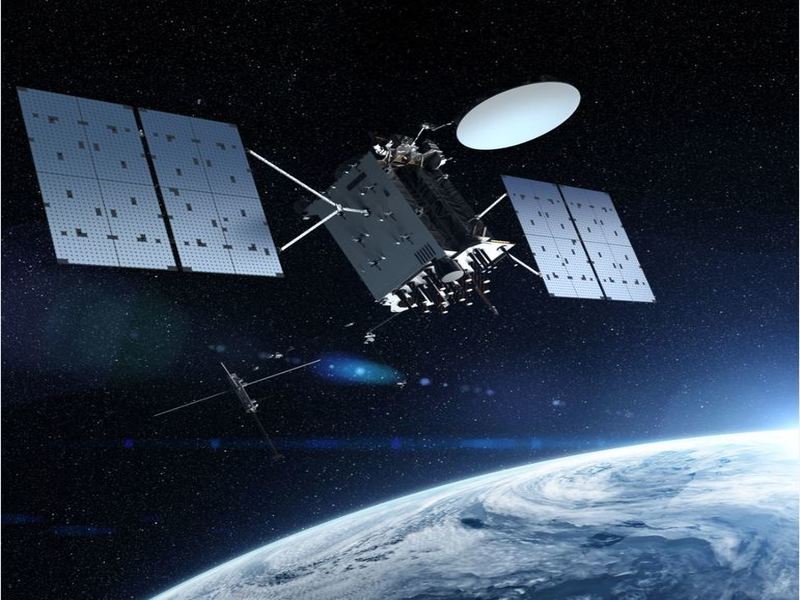
Lockheed Martin has awarded a contract to Frequency Electronics (FEI) to qualify atomic clocks for potential use on the US Air Force’s (USAF) next-generation GPS IIIF satellites.
The $5.9m contract was awarded by Lockheed Martin Space as a risk reduction effort for the GPS IIIF satellite programme.
Through the contract, Lockheed Martin Space intends to qualify FEI’s Digital Rubidium Atomic Frequency Standard (DRAFS) for potential use on the satellites.
Lockheed Martin spokesperson Chip Eschenfelder told Air Force Technology: “Atomic clocks are used by GPS satellites to generate precision timing signals, which ultimately help GPS user receivers triangulate accurate positioning.
“Lockheed Martin plans to use highly-precise DRAFS clocks aboard the next generation GPS IIIF satellites to support the USAF’s modernisation of the GPS constellation with new technology and advanced capabilities. The DRAFS contract further solidifies our supplier base for this critical component.”
Lockheed Martin Space designed and built the GPS III satellite under a contract for ten units to help the USAF modernise its GPS satellite constellation with new technology and capabilities.

US Tariffs are shifting - will you react or anticipate?
Don’t let policy changes catch you off guard. Stay proactive with real-time data and expert analysis.
By GlobalDataFEI chief executive Stanton Sloane said: “We are extremely pleased to be awarded this contract and the opportunity to play a significant role in the GPS IIIF programme. Last year, Lockheed Martin was selected to build up to 22 additional GPS IIIF satellites, equipped with new features and resiliency to the flexible satellite design.”
“This award is the culmination of 50-plus years of research and development of advanced quartz and atomic clocks based on FEI’s proprietary technologies. We are also pleased to continue our long-standing relationship with Lockheed Martin Space on critical national security programmes.”
FEI executive chairman Martin Bloch added: “I congratulate the FEI team on the development of this digital Rubidium clock for GPS IIIF programme. FEI will continue the development of advanced clock technologies for future generations of satellites and terrestrial applications.”
–Additional reporting by Talal Husseini.



